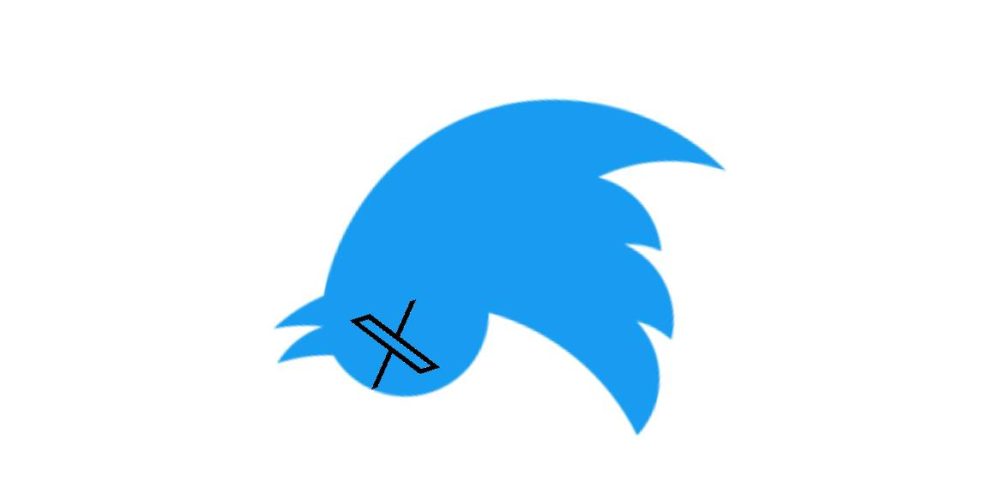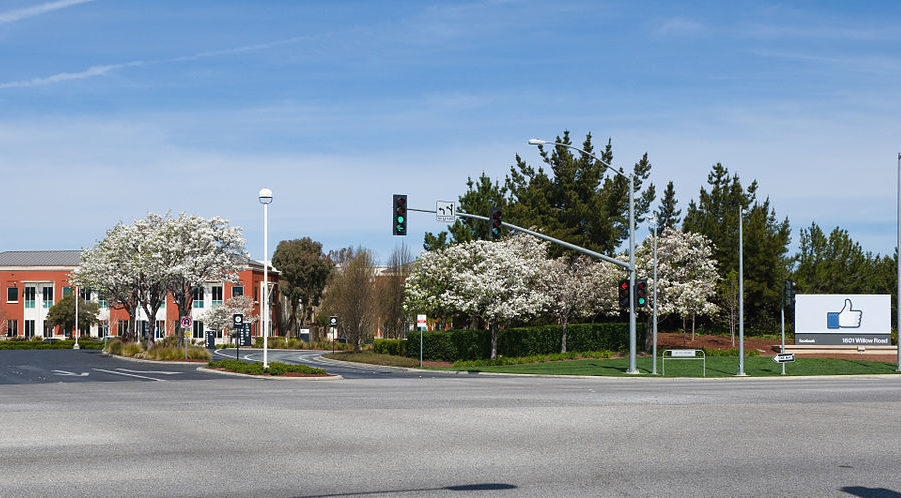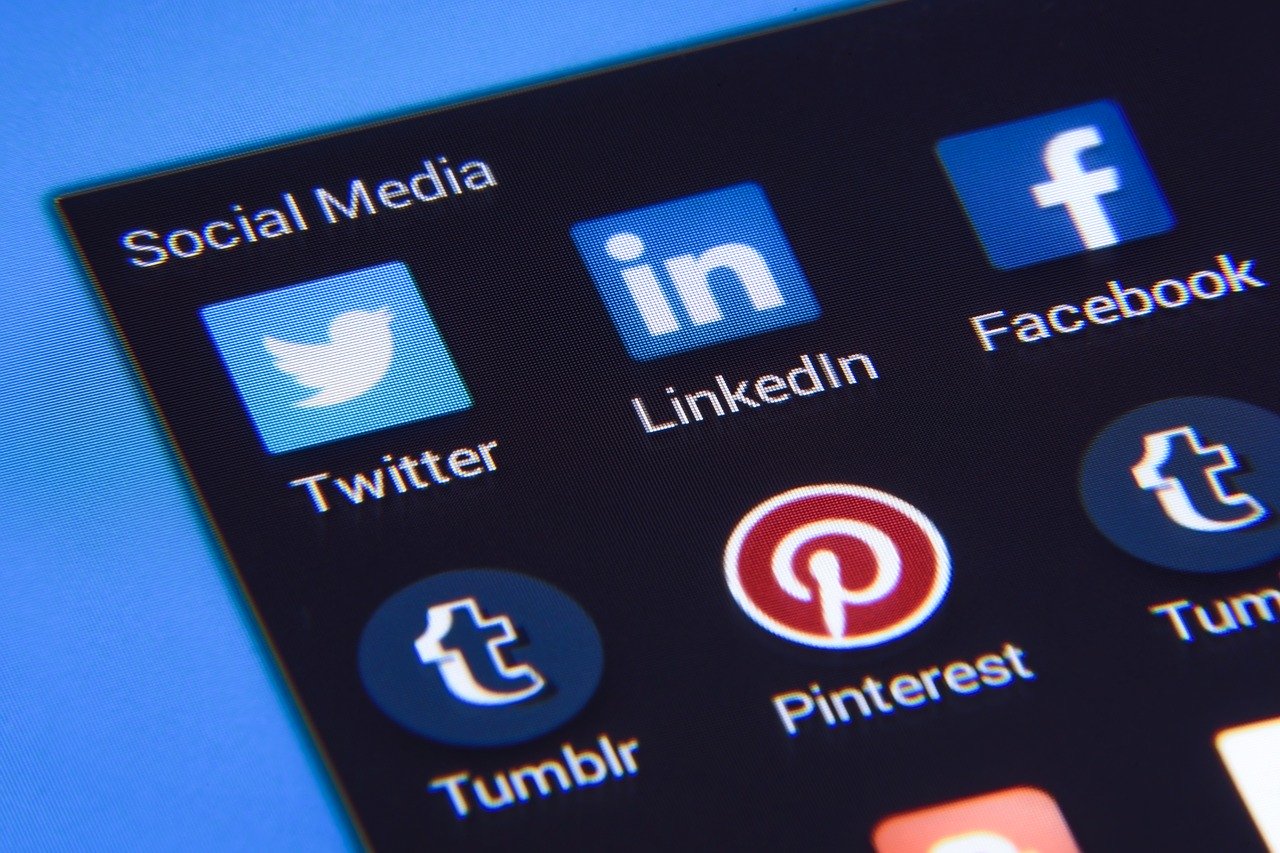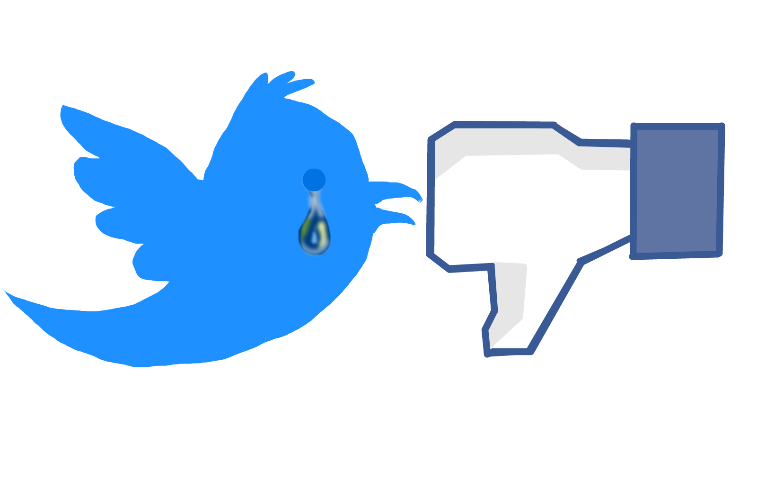Social media

Whatever happened to Twitter? Or, how not to treat your X
In 2022, Twitter peaked at 368 million active users. It was the platform of choice for journalists, politicos and commentators across most disciplines, enabling users to curate their own news feeds and engage in informed debate, without significant interference from advertising or unwanted attention. Twitter was not, by some measure, the largest social media site, […]
Read More
What’s New? September 2024
The King’s Speech The newly elected Labour government has had its hands full both on the domestic and international front since Sir Keir Starmer KC took office, but the King’s Speech gave some hints as to the direction of travel regarding technology regulation. Although the widely anticipated UK AI Bill has been kicked into the long grass, […]
Read More
What happens to valuable social media accounts on divorce?
Unless you’ve been hiding under a rock for the last few years, it’s been hard to miss the rise of the so-called “influencer”. An influencer, is typically thought of as a person who has built up a sizable social media following, which lends them the power to affect the purchasing decisions of others. They have […]
Read More
Facebook moves UK users from EU to US terms
Facebook has announced that it will be moving all its users in the UK into user agreements with the corporate headquarters in California. Currently they have user agreements with the Irish subsidiary of Facebook, which are governed by EU law. Facebook claims the reason for this change is due to Brexit: “Like other companies, Facebook […]
Read More
Building your brand with social media
Constantly working on branding and IP projects means that I’m always coming up with new ideas on what I can offer clients to help them get more from my service. One example of this is my newest product and forthcoming book, provisionally called Brand Tuned – How to Create an Inimitable Brand to Win Business […]
Read More
Social media distancing: marketing
In the last issue of the Newsletter, I made a case for individual lawyers cutting back on use of social media. Let’s now consider some alternative marketing techniques to which firms’ social media budgets can be diverted, which may deliver more bang for the buck. Content You may expect a copywriter to extol the virtues […]
Read More
Social media distancing
2003 marked the dawn of mainstream social media, with MySpace and LinkedIn both launching the same year and Facebook hot on their heels in 2004. Since then, social media (or “social” for short) seems to have permeated every aspect of our culture and daily lives, simultaneously bringing people closer together and driving them further apart. […]
Read More
Content moderation oversight board proposed by Facebook
Social media companies have traditionally argued that they are merely internet platforms as opposed to publishers with the ensuing editorial responsibilities (despite the odd court case where it has been to their advantage to hold themselves out as publishers). But in the face of increasing public controversy about malicious content plaguing social media sites, the […]
Read More
Information overload: time to take a break?
Information overload is defined by Wikipedia as “the difficulty in understanding an issue and effectively making decisions when one has too much information about that issue” – although, ironically, it offers alternative definitions based on multiple sources! History The concept of excessive information is nothing new. Back in the 16th Century, renaissance scholar Erasmus blamed […]
Read More
The enigmatic Twitter
Twitter is the social media platform of choice for journalists, free speech campaigners, Russian trolls and American presidents. On the social media spectrum of formality, it sits somewhere in between professional networking colossus LinkedIn and lolcat empire Facebook. Twitter is essentially a “social” messaging service which enables you to maintain a minimalist profile, broadcast short […]
Read More
LinkedIn – the lawyer’s social media channel of choice
LinkedIn, acquired by Microsoft in 2016, has over 250 million active monthly users and, according to research from Attorney at Work, it is the most popular social media channel in the US legal sector, used by over 90 per cent of lawyers and forming part of the overall marketing strategy in around 70 per cent […]
Read More
Facebook as a marketing platform for lawyers
Facebook is the grandaddy of social media. Founded in 2004, it is by no means the oldest service, but by a huge margin it is the largest, boasting in excess of two billion users worldwide. Although it is used primarily for personal networking purposes, documenting the lives and thoughts of its users to help them […]
Read More